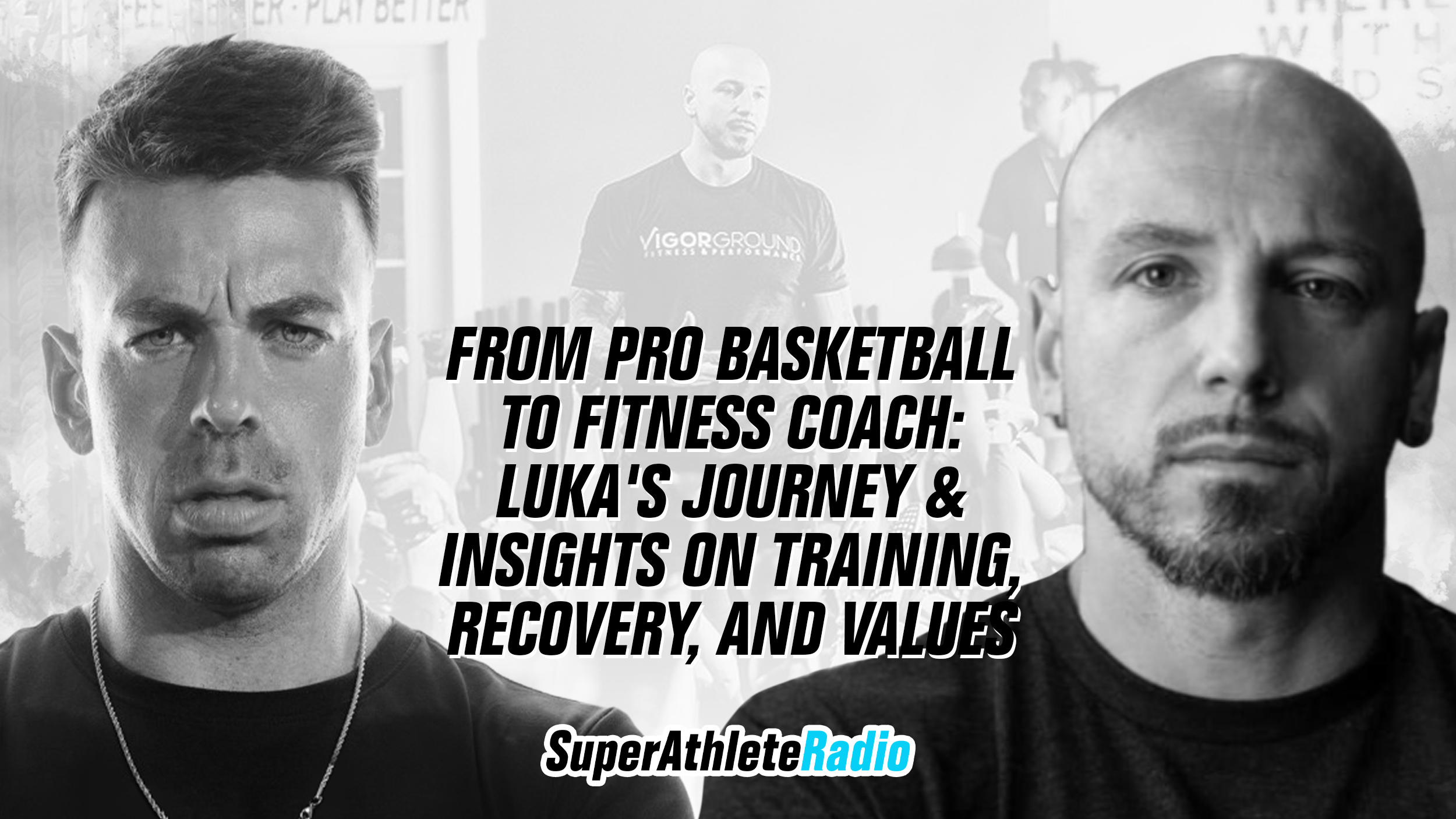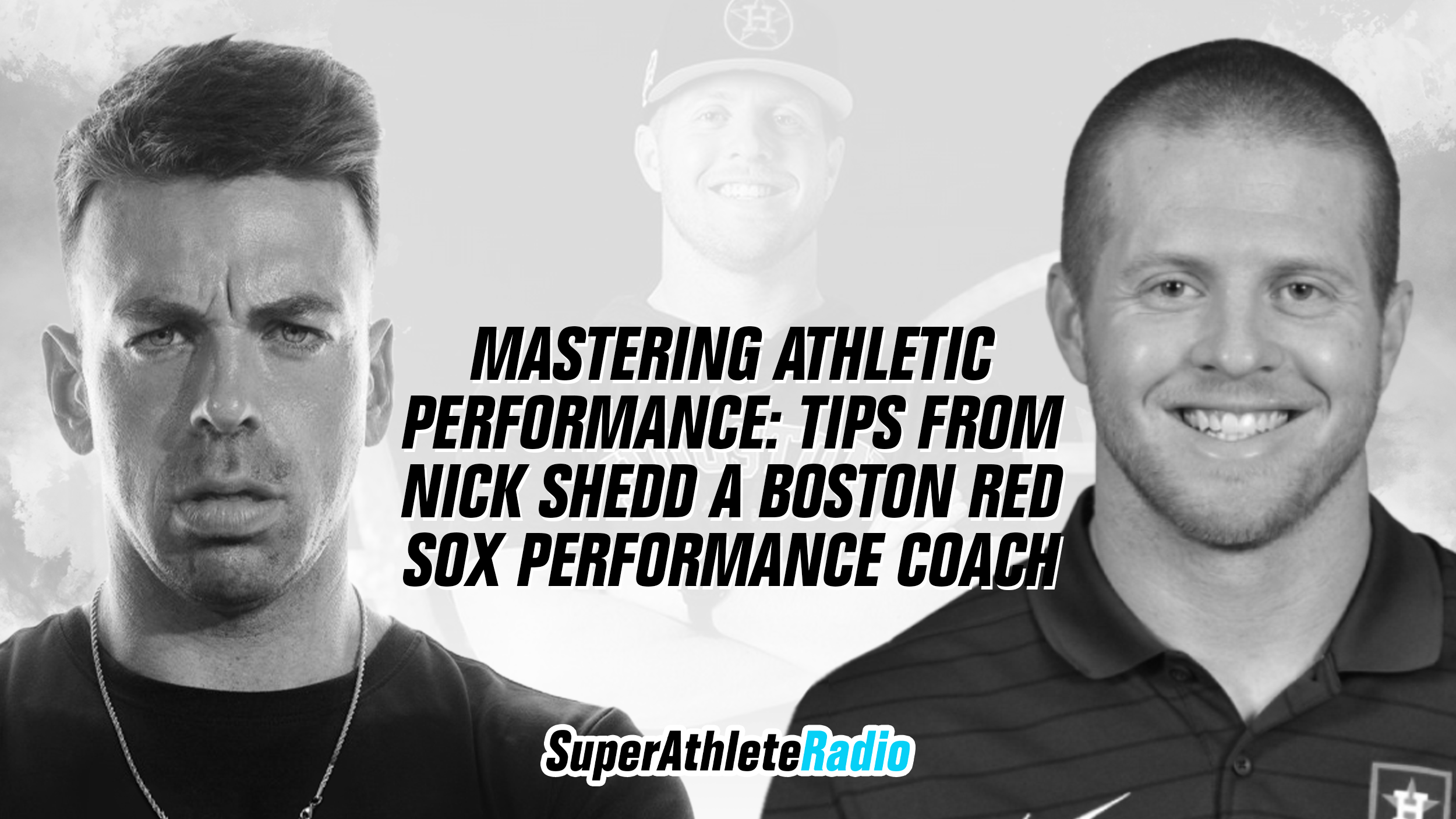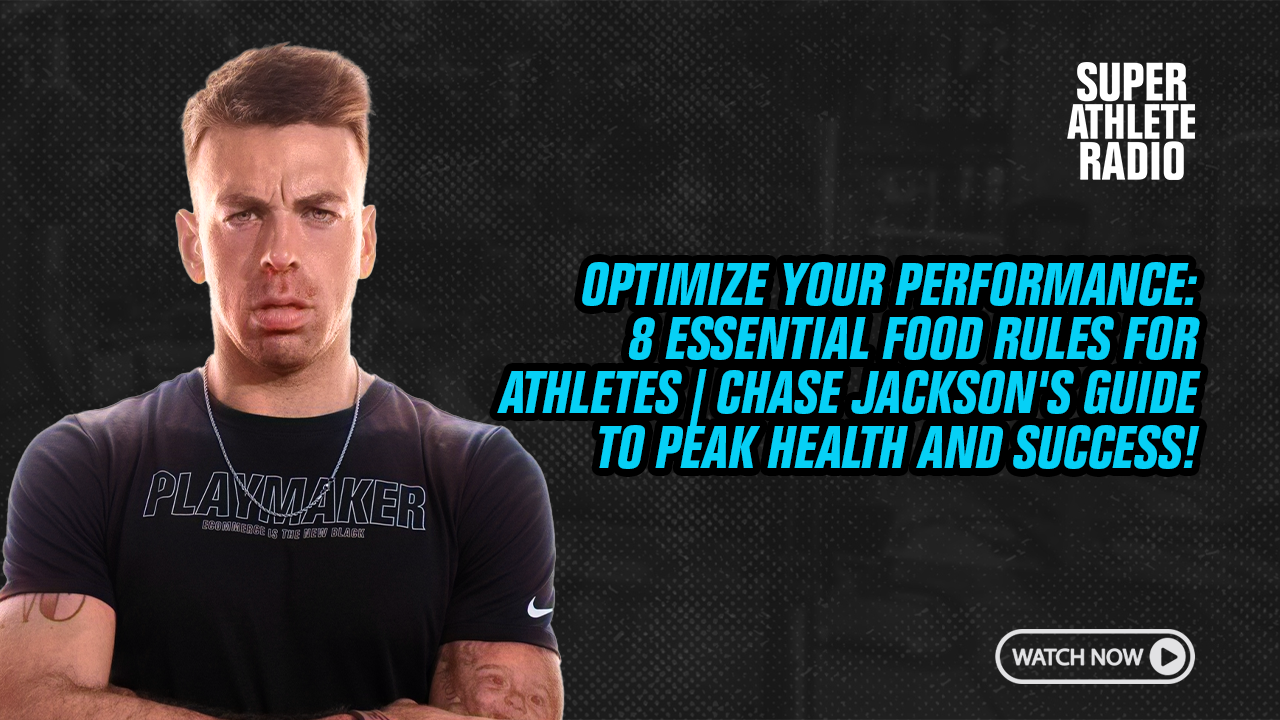Structure and Consistency create Perfection
“Why are we doing this. We did as part of the warm up.” A sweaty, tired professional football player named Tae I asked.
We had just completed a speed session on the field and now we were doing our active stretching for a 2nd time.
I smiled at him. Proud of the work that he had done that day. “We are doing it because it is part of the routine. The routine works. Tae my good friend, structure and consistency create perfection.”
Sleep, Strengthen, Recover, Repeat.
Routine for a Playmaker is a sign of ambition. Depending on whether we are an athlete or a high performer in business we all have different things that we must do every day to improve and progress.
The Playmaker Daily Athlete Candy Pack is set up to reinforce your routine. When you take the Athlete Sleep Candy it is a signal that it is time to get ready for bed. A great day starts with a great night of sleep the night before.
When you take the Athlete Strength Candy it is a signal that it is time to train, practice, perform, compete. It's time to stop thinking about work, it's time to stop thinking about relationships and other people. It’s time to train and GET STRONG!
When you take the Athlete Recovery Candy it means that your brain and body are going into recovery mode to prepare for the next session. You put in the work with ferocious intensity and know you are going to recover equally hard.
PLAYERS WANT A ROUTINE EVERYDAY
How LeBron James Elevated himself from great to being one of the best of all time.
In November, 2010 Miami was foreign to LeBron James. It was unnaturally warm when he drove or bicycled the half-dozen miles to work each morning from Coconut Grove, the neighborhood in which he and his family had settled.
The Heat practices, held downtown in a corner of the American Airlines Arena overlooking Biscayne Bay, compiled with the demands of team president Pat Riley.

Everyday LeBron’s jersey had to be tucked in, with assistant coach Keith Askins roaming the facility to point out any loose jerseys. Padded knee braces were mandatory at practice to encourage all-out effort while minimizing injury. There was the same monotonous running around the court with hands clasped overhead each day. Body fat was measured on Monday’s even during the playoffs.
“His first year he mid-260s and about 8 to 9 percent body fat.” Riley said of LeBron. “I thought he was a little bit heavy, and I asked him, “What if you got down to 250? Think about it. Its 18 pounds. Let’s go and get an 18-pound weight right now and run around the court in it.’ I think there might have been one day we put a 10 or 15 pound weight jacket on him and had him run around in it. “What if you thought about getting to 250 and down to under 6 percent body fat? Speed and quickness, it would be better for your knees, you could jump a little bit higher.’ He just smiled at me and said, Coach, I’m fine. I’m in great shape.”
Riley wasn’t going to argue with him. Through his first eight seasons, including that initial year with the Heat, LeBron played in 627 of his teams’ 656 regular season games (while averaging 40.1 minutes) in addition to all 92 playoff games. By year two in Miami, he would slim down to the mid-250’s, and by the time he entered the back end of his career, surmised by Riley, LeBron had reached 250.
“His weight is from the waste down,” Riley said. “He’s got a linebacker’s butt and a fullback thighs and hamstrings. His explosiveness is from his knees up to his hips and core. He can afford to get really thin up in his chest and stomach and shoulders and arms – that’s where you can lose ten pounds.”
There was more to Riley’s weight obsession than bringing out the best in LeBron. It was also about creating an environment in which LeBron could eventually triumph.
“I’ll never forget what Kareem Abdul Jabbar said to me before my very first game coaching the Lakers,” said Riley, who had taken over in the early 1981 -82 season. He was only two years older than Jabbar – they had played against each other in high school – and when he began by encouraging his star center to express leadership, Abdul-Jabbar turned the tables. “He said, “Look Pat, you know me. I’m going to come and play every night as hard as I can, give you everything I can, because I have great pride, I know what my position is in the league,” recalled Riley.” He said, “What I’d like you to do is keep everybody else in shape and keep them on track and keep them going. And then I don’t have to worry about it.”
“I’ll never forget those words. And so when LeBron came. I just knew I had to do it for him. Even though he might have had his own regimen. I was going to keep everybody on the right track and in great shape. They may have not had the talent he respected and that he needed to win, but he knew they were going to be in shape, they were going to be mentally ready, be part of the team, and that would help him win the championship. That’s what the superstars want. They don’t want chaos. They don’t want a negative locker room. They don’t want crisis all the time. They don’t want players bitching about minutes. They want to make sure all those other things are taken care of, and they don’t want to do it. That’s why great players want to go to organizations where that stuff is coherent from the standpoint of wanting to win and be a championship culture. You don’t want to waste your time and lose another year because you’re with an organization that’s not going to make other players accountable to help you become successful.”
But LeBron was not going to be successful overnight. In the weight room he would be handed a sheet detailing how much and how often to lift per day, there would be no loitering. It was move in and move out. Play had given way to work.
“Players want a routine every single day,” Riley said. “Not chaos – not twenty-five other people in the locker room, the weight room, the players’ lounge, every day at practice or in a game, and that’s the entire amount of time you have in a day, you’ve got to get it right. We’re not stringent on it, and we’ve backed off. Because if I was still coaching? Forget it. It would be like being in the military. But I’m not. And I’m not going to put that kind of thought on Spoelstra. But for LeBron, (the requirements) weren’t harsh. They were just different.
“He had a hard time with that all of that stuff in the beginning. But I remember saying to him, “Maybe this is the one thing you missed. Maybe you didn’t have this in Cleveland. Maybe this is all you need. Just give it a try.”
STRUCTURE AND CONSISTENCY CREATE PERFECTION
The above is a Tweet LeBron sent out in 2016 in his first season back playing with the Cleveland Cavaliers.
The rest of this story is history. LeBron James led the Miami Heat to 4 straight NBA Finals appearances and 2 NBA titles. He then took his game and this Routine focused mentality to the Cleveland Cavaliers where he helped them Win their first NBA title along with 4 straight NBA title appearances. The greater our challenges the greater our goals the more rigorous our routines need to be. Pat Riley and LeBron James are perfect examples that this concept WORKS!
QUESTIONS TO ASK
What does your routine currently look like?
What is one thing that you can start doing today to improve your routine?
What is one thing you can stop doing today to improve your routine?
Have you subscribed to our Playmaker Daily Athlete Candy pack yet? Shop Now!
Sleep, Strengthen, Recover, Repeat.



Leave a comment